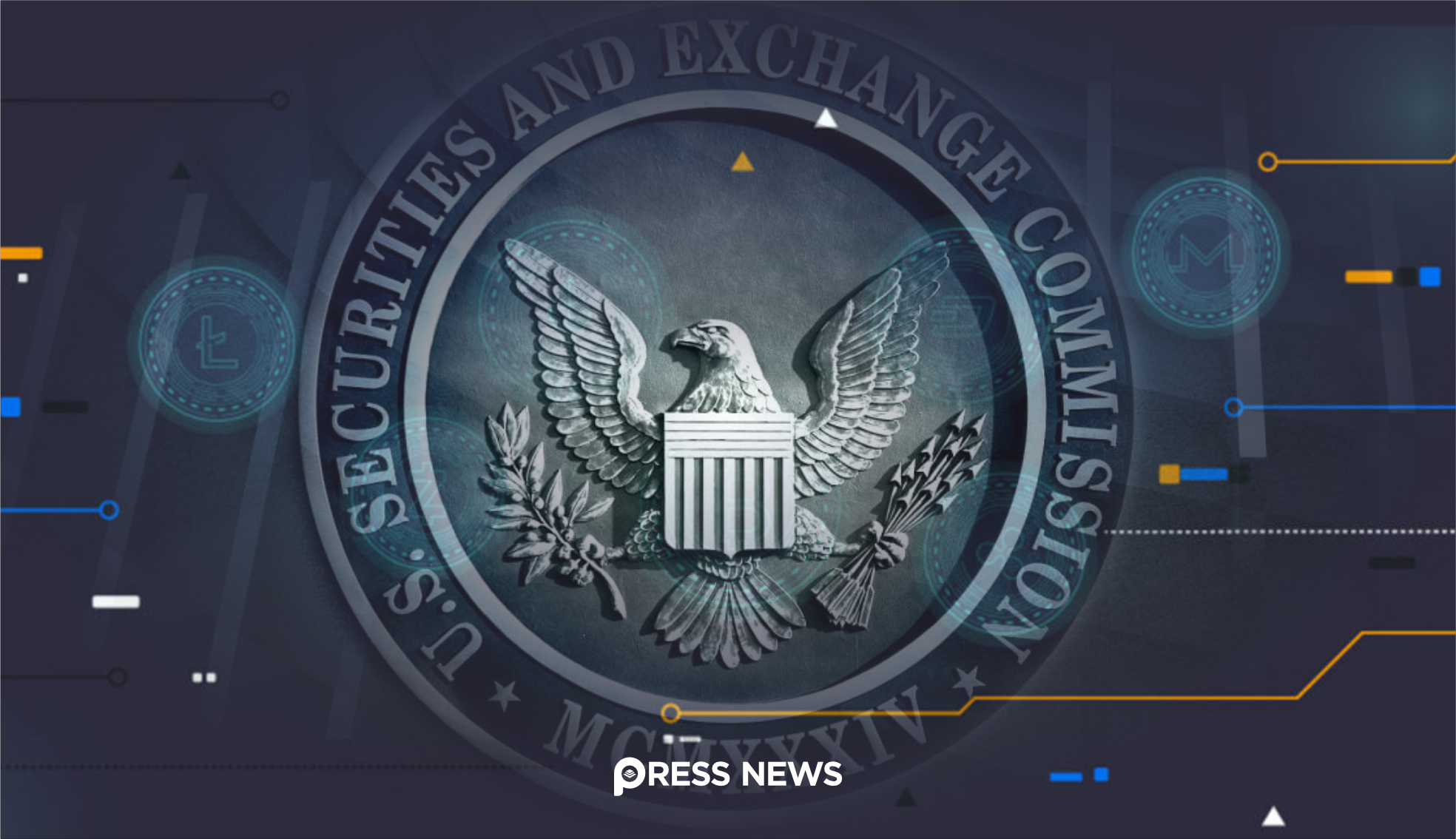Hedera Foundation Partners with The Binary Holdings to Onboard 169 Million+ Users
A new era has begun at the U.S. Securities and Exchange Commission.
SEC Chair Paul Atkins declared this week that tokenization is innovation—marking a massive philosophical shift from the Gary Gensler era of crypto crackdowns and regulatory ambiguity.
“Tokenization is an innovation,” Atkins said in a CNBC interview Wednesday. “We at the SEC should be focused on how do we advance innovation in the marketplace.”
He didn’t stop there.
“That day is over,” he added, referring to the agency’s previous approach of “regulation through enforcement.”
Instead, Atkins says the SEC’s new mission is to create a transparent foundation for businesses to build the future of finance.
What This Means for Crypto
Atkins, who was appointed by President Donald Trump in April, has long been viewed as pro-Web3. His policy pivot comes at a time when tokenization is exploding across industries—from real estate to carbon credits.
And now, for the first time, the SEC is getting behind it.
Tokenization isn’t just a buzzword. According to recent data:
- Over $24 billion in real-world assets have been tokenized so far in 2025
- U.S. Treasuries and private credit make up the bulk of the market
- JPMorgan Chase is piloting tokenized carbon credits via its Kinexys blockchain
“My goal is to facilitate capital formation,” Atkins said—echoing the SEC’s original mission, now applied to blockchain.
First Signs of Real Regulatory Reform
Unlike his predecessor, who tangled with Ripple, Coinbase, Uniswap, and nearly every other major crypto firm, Atkins is actually clearing a path forward.
In just a few months under his leadership, the SEC has:
- Issued new disclosure guidelines for digital assets
- Approved the first U.S. crypto staking ETF (for Solana)
- Encouraged institutional exploration of tokenized assets
The REX Shares/Osprey Solana ETF, launched Wednesday, gives investors direct exposure to SOL with staking rewards—a landmark moment in U.S. finance.
Meanwhile, firms like JPMorgan, S&P Global, and EcoRegistry are diving into tokenized carbon markets, a potential trillion-dollar sector.
Gensler Era Over. Tokenization Era Begins.
For years, under Gary Gensler, U.S. crypto regulation was defined by lawsuits and confusion.
“We were punished for trying to innovate,” said one DeFi founder anonymously to Press News. “Now, there’s finally a sense we can build again.”
Even international bodies like the World Economic Forum are pushing tokenization as the bridge between TradFi and DeFi—with the SEC now aligned, the U.S. could become the global leader in asset tokenization.


 Press Labs Inc.
Press Labs Inc. 







